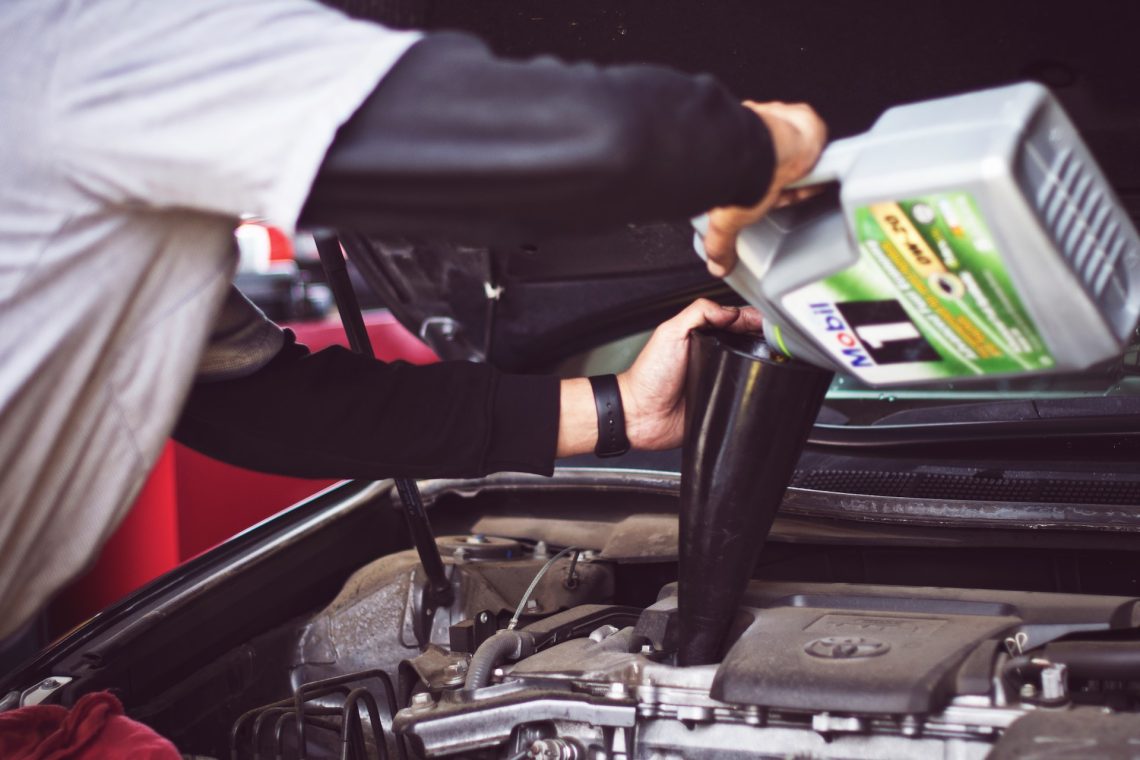Owning a car is a significant milestone for many individuals in the UK. From the convenience of commuting to work and embarking on road trips, to simply enjoying the freedom of mobility, cars play an integral role in our daily lives. However, amidst the thrill of owning a vehicle, it’s easy to overlook the importance of regular maintenance.
This blog looks at the crucial role maintenance plays in ensuring the longevity and performance of your vehicle. We will explore why neglecting upkeep can lead to costly repairs and breakdowns, as well as provide valuable tips for maintaining your car effectively.
Legal Requirements
Regular car maintenance is crucial not only for the smooth operation of your vehicle but also for ensuring compliance with legal requirements in the UK, particularly regarding MOT testing. By keeping up with routine examinations and addressing any issues promptly, owners can significantly reduce the risk of failing an MOT test. This can save them from potential fines and penalties while also ensuring that their vehicles meet the necessary safety and environmental standards set by the government.
Valid insurance is another legal necessity for all drivers in the UK. Car maintenance plays a vital role in maintaining valid insurance coverage, as insurers often require well-maintained vehicles to mitigate risks associated with accidents or vehicle malfunctions. Failing to maintain regular upkeep on one’s vehicle could leave them susceptible to voided insurance policies in case of claims – a situation that no driver would want to face. Therefore, by adhering to a consistent maintenance schedule, drivers not only stay safe on the road but also remain legally compliant with insurance requirements.
Safety and Reliability
Regular inspections are key to ensuring car safety and reliability. By keeping up with routine checks and servicing, drivers can avoid potential malfunctions that could lead to accidents or breakdowns. This proactive approach not only ensures safe driving conditions but also enhances the overall performance of the vehicle. From checking tyre pressure and tread depth to inspecting brakes, fluids, and lights, planned maintenance can prevent unexpected issues on the road.
Proper upkeep also plays a crucial role in winter driving safety. Cold weather conditions can exacerbate existing problems in a vehicle, making it essential to stay ahead of maintenance schedules during this season. Snowfall and icy roads demand extra caution and preparedness from drivers, which is why maintaining essential components such as wiper blades, battery, heating system, and tyres becomes critical for safe winter driving. Consequently, by prioritising checks throughout the year, drivers can mitigate risks on the road while maximising their vehicle’s reliability regardless of weather conditions.
Cost Savings
Regular maintenance plays a crucial role in cost savings for drivers by preventing costly repairs and improving fuel efficiency. Neglecting regular maintenance can lead to small issues escalating into major, expensive problems. By staying on top of routine tasks such as oil changes, tyre rotations, and brake inspections, drivers can significantly reduce the likelihood of encountering unexpected repair bills. Well-maintained vehicles tend to operate more efficiently, resulting in improved fuel economy and reduced overall running costs. The simple act of keeping up with regular maintenance schedules can ultimately save drivers a substantial amount of money in the long run.
Environmental Impact
Regular car maintenance plays a crucial role in reducing emissions and pollution, thereby contributing to a more sustainable environment. By keeping your vehicle well-tuned and ensuring that the engine is running efficiently, you can minimise the release of harmful pollutants into the atmosphere. Neglecting routine upkeep, such as replacing air filters or getting regular oil changes, can lead to increased emissions and pollution, ultimately impacting air quality.
Additionally, proper maintenance helps extend the lifespan of a vehicle, reducing the need for frequent replacements and conserving resources. When cars are well-maintained, they tend to consume less fuel and produce fewer emissions per mile travelled. This not only benefits the environment by lowering overall carbon footprint but also promotes sustainability by reducing the demand for new car production, which involves significant amounts of energy and raw materials.
Longevity of Vehicle
Regular maintenance is the key to ensuring the longevity of your vehicle and extending its life. By following a schedule, you can prevent major breakdowns and keep your car running smoothly for years to come.
Keeping up with maintenance not only extends the life of your vehicle but also maintains its resale value. Prospective buyers are often willing to pay more for a well-maintained car that has a documented history of servicing. It demonstrates that the owner has taken good care of the vehicle, indicating reliability and reduced risk of future problems. Therefore, investing in planned car maintenance not only benefits you while you own the vehicle but also pays off when it comes time to sell or trade-in.
Ensuring safety, efficiency and longevity
Regular car maintenance is crucial for ensuring the safety, efficiency, and longevity of vehicles. From oil changes to brake inspections, staying on top of checks can prevent costly repairs and breakdowns while also reducing emissions and fuel consumption. Adhering to manufacturer-recommended schedules can help preserve warranties and maintain the value of the vehicle. With an increasing emphasis on environmental sustainability and road safety, it is not only beneficial for individual drivers but also for the community at large. Therefore, it is essential for all car owners in the UK to prioritise regular
